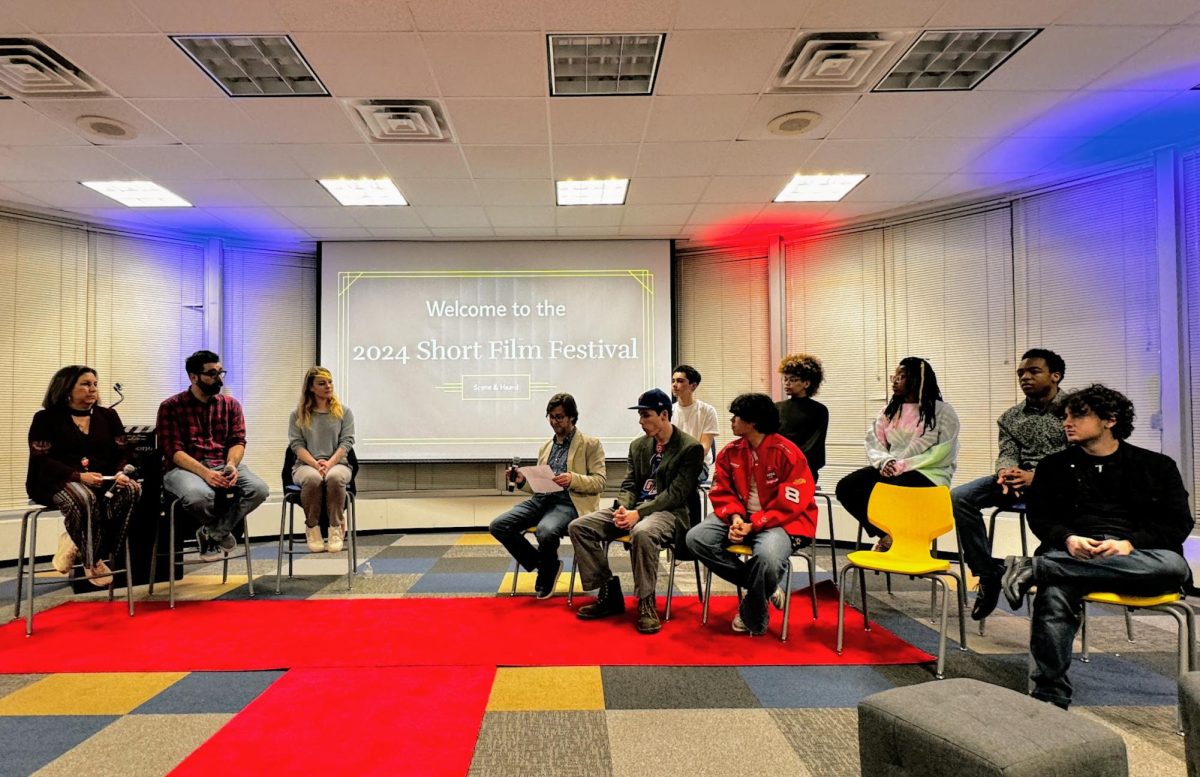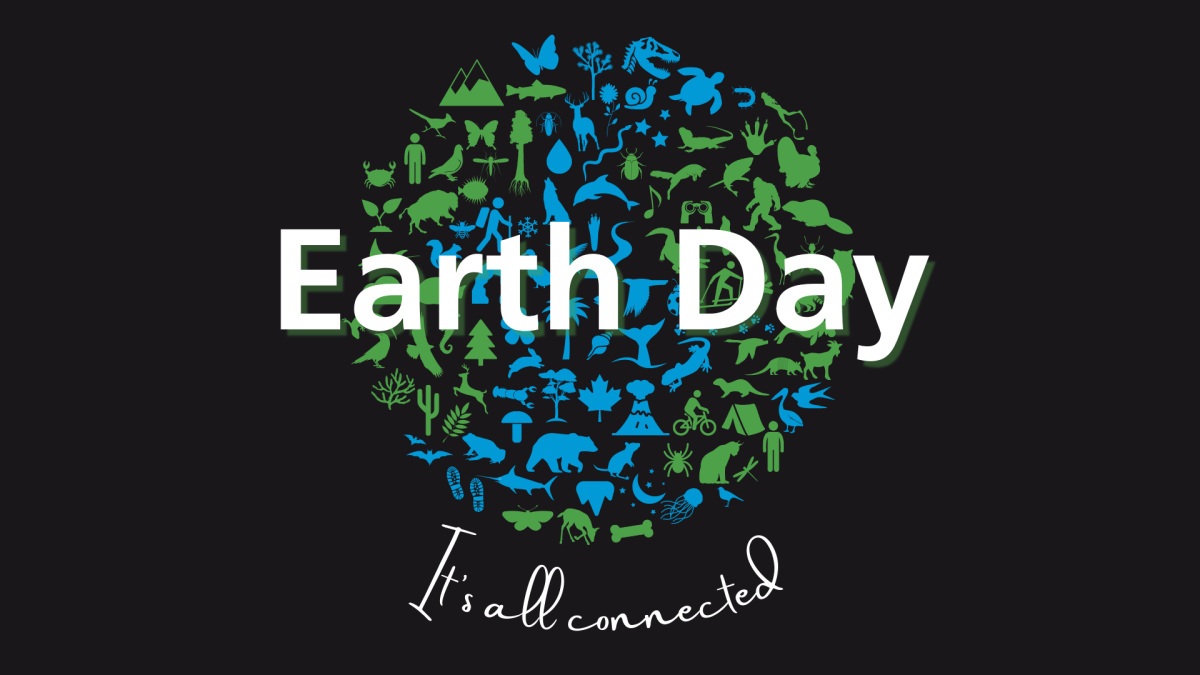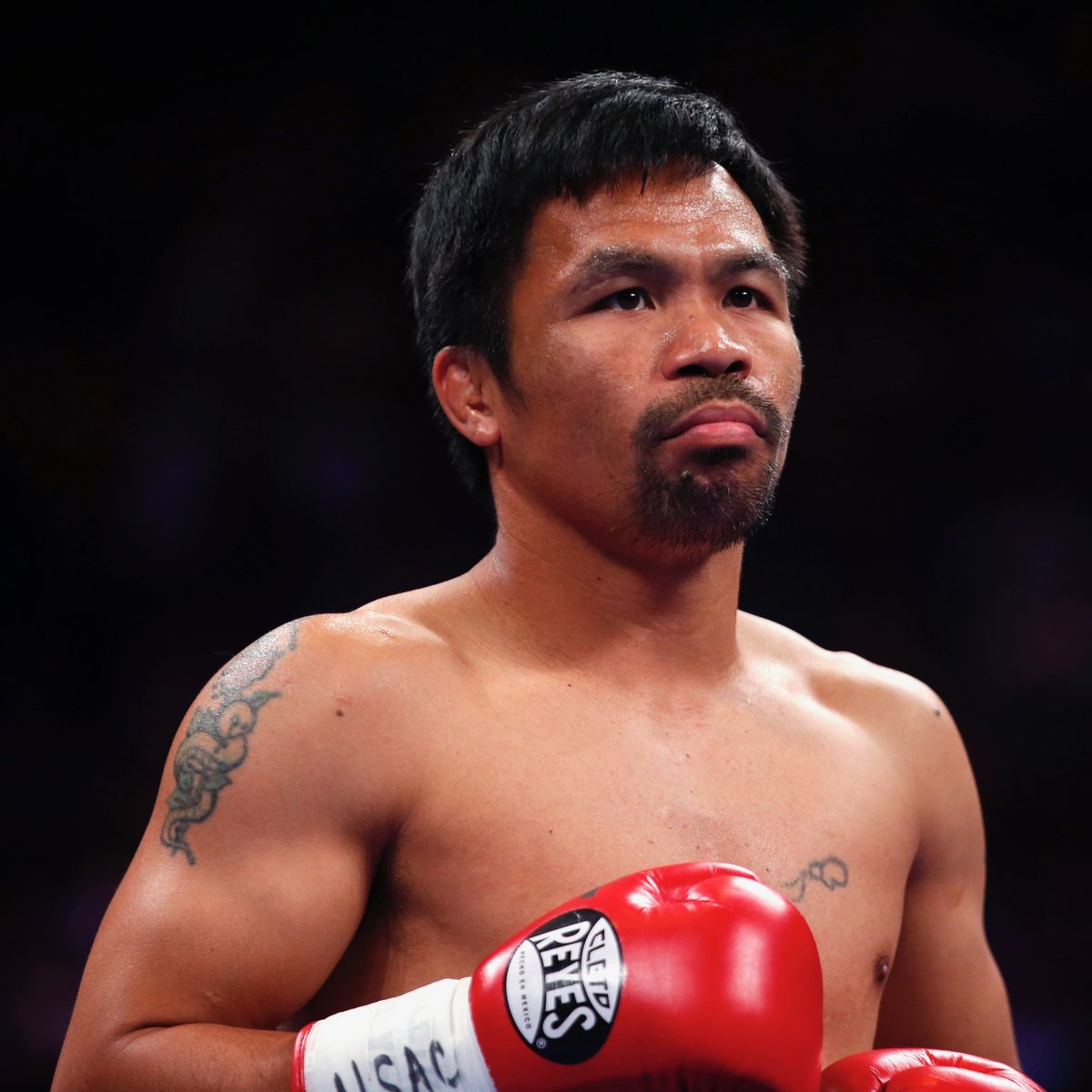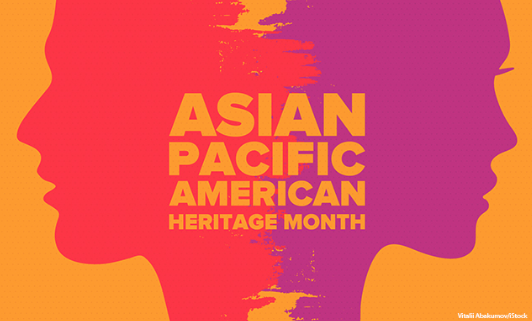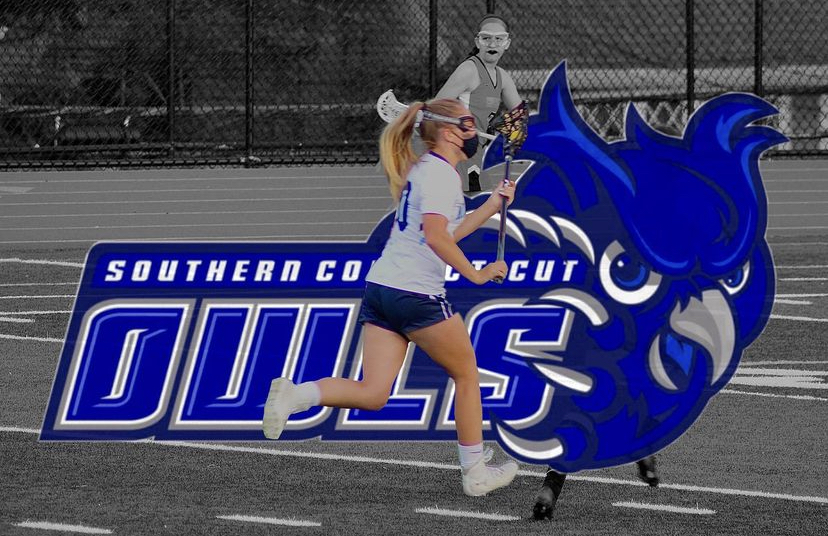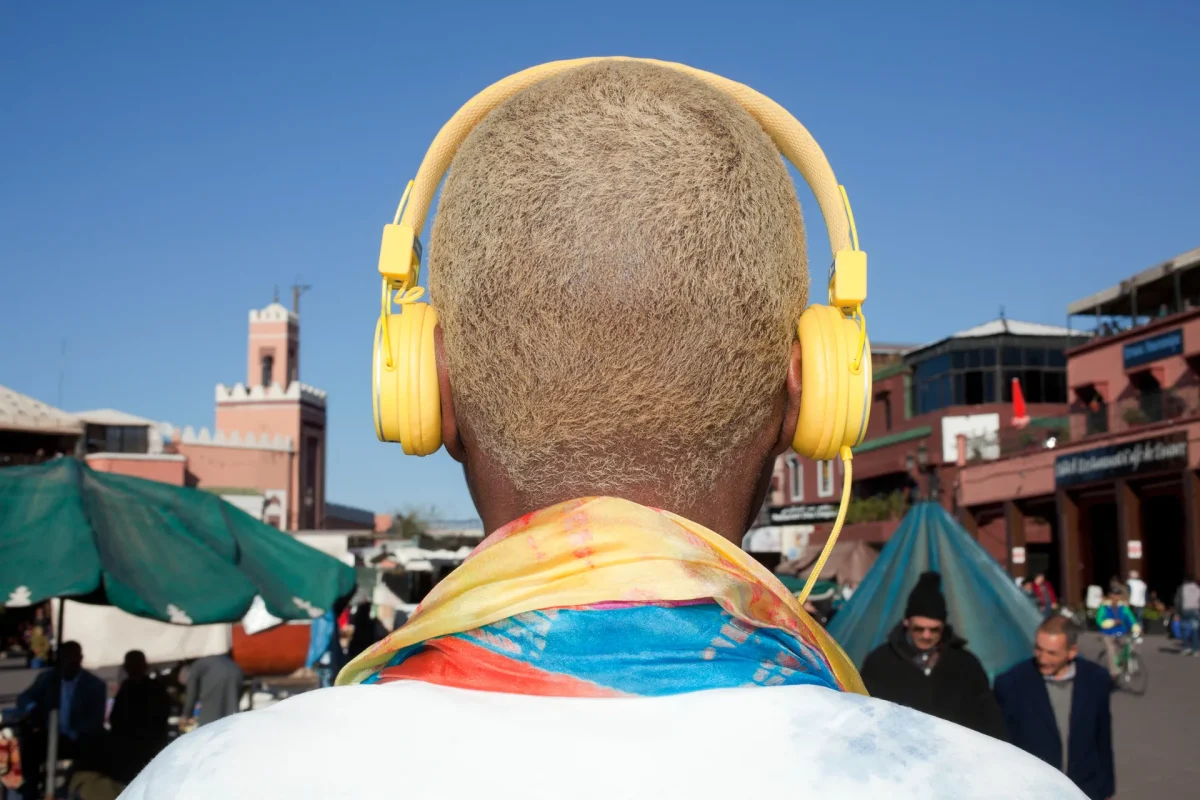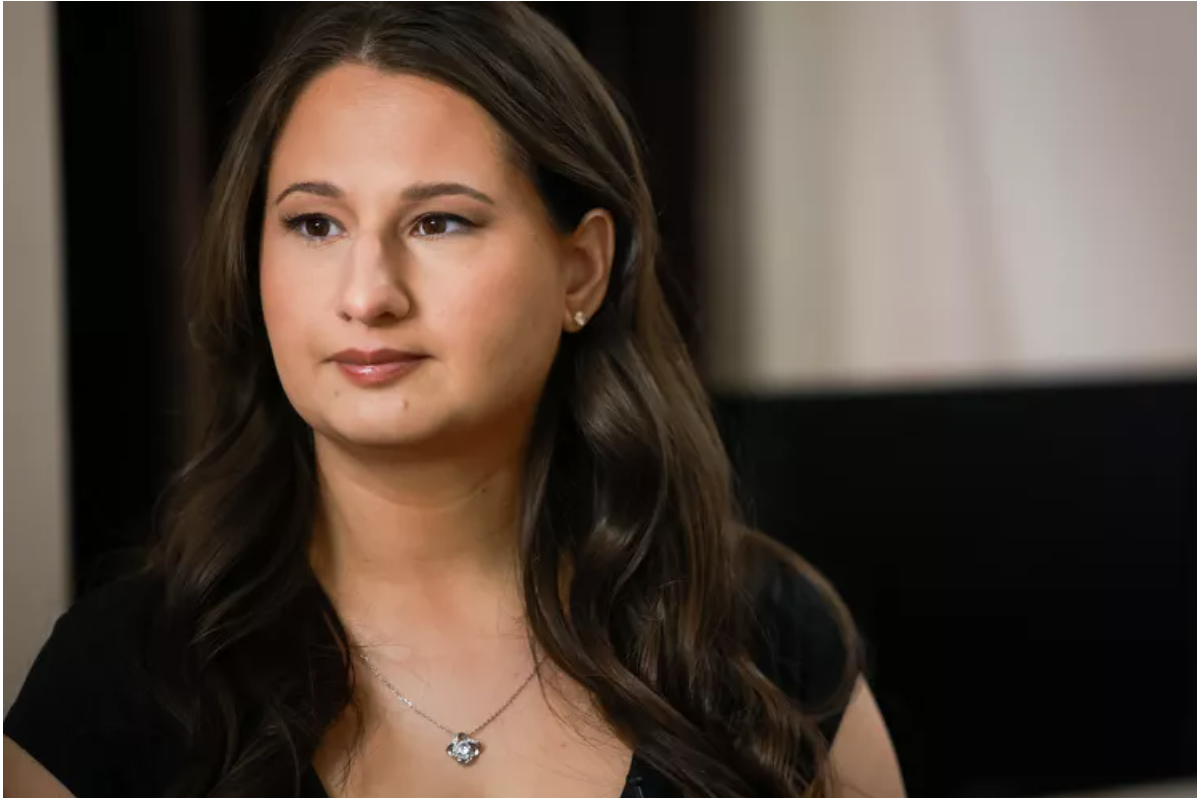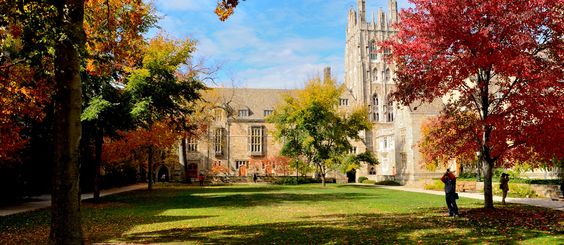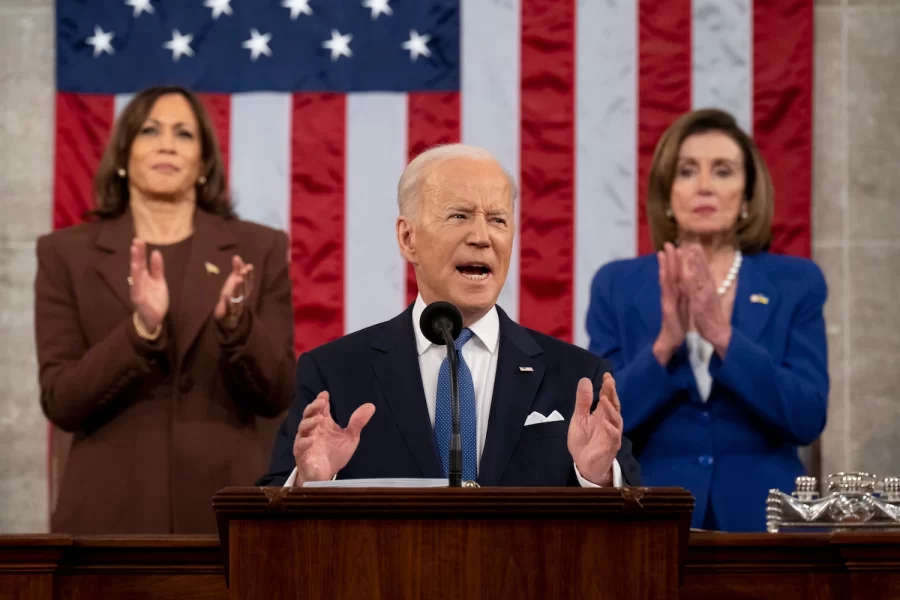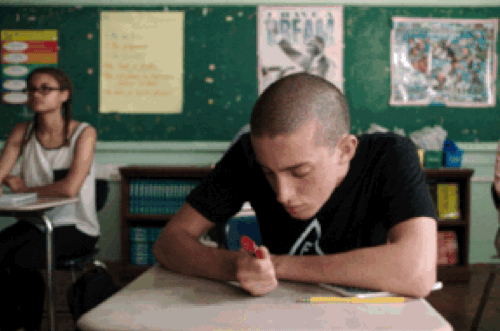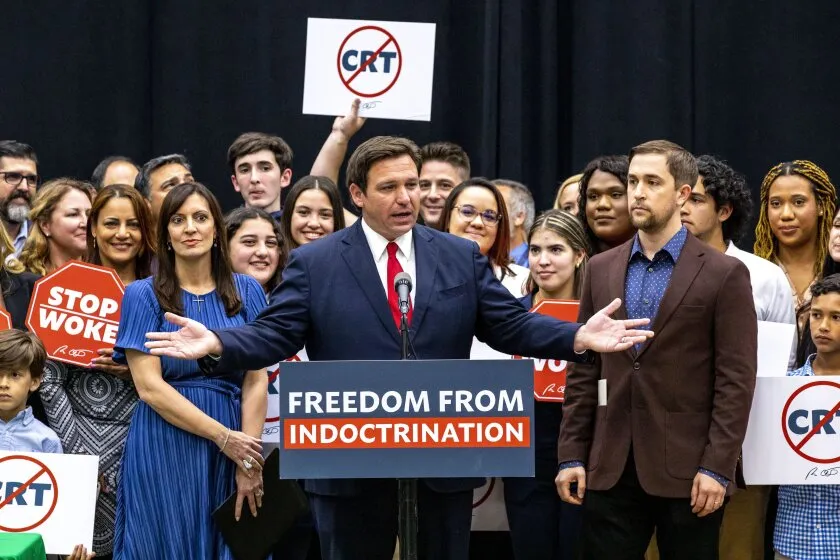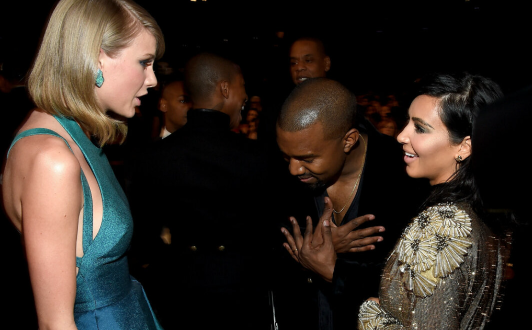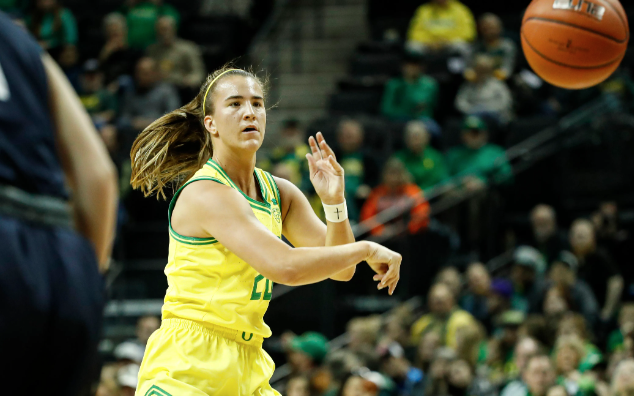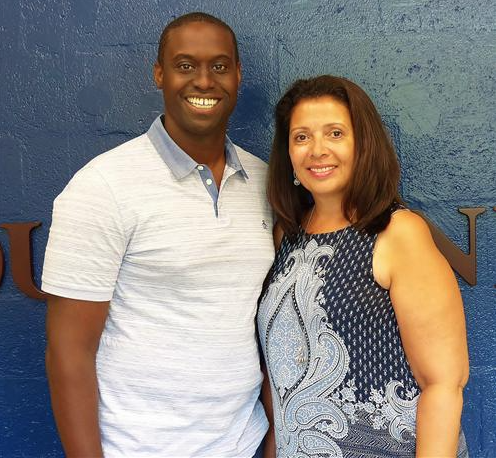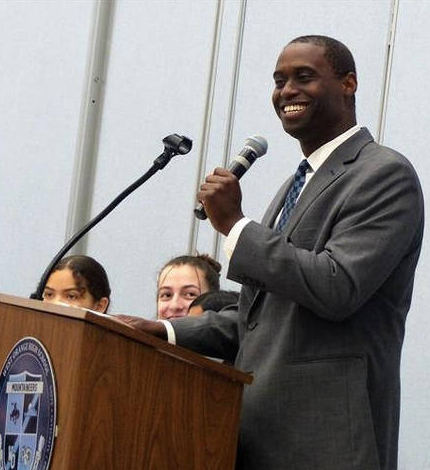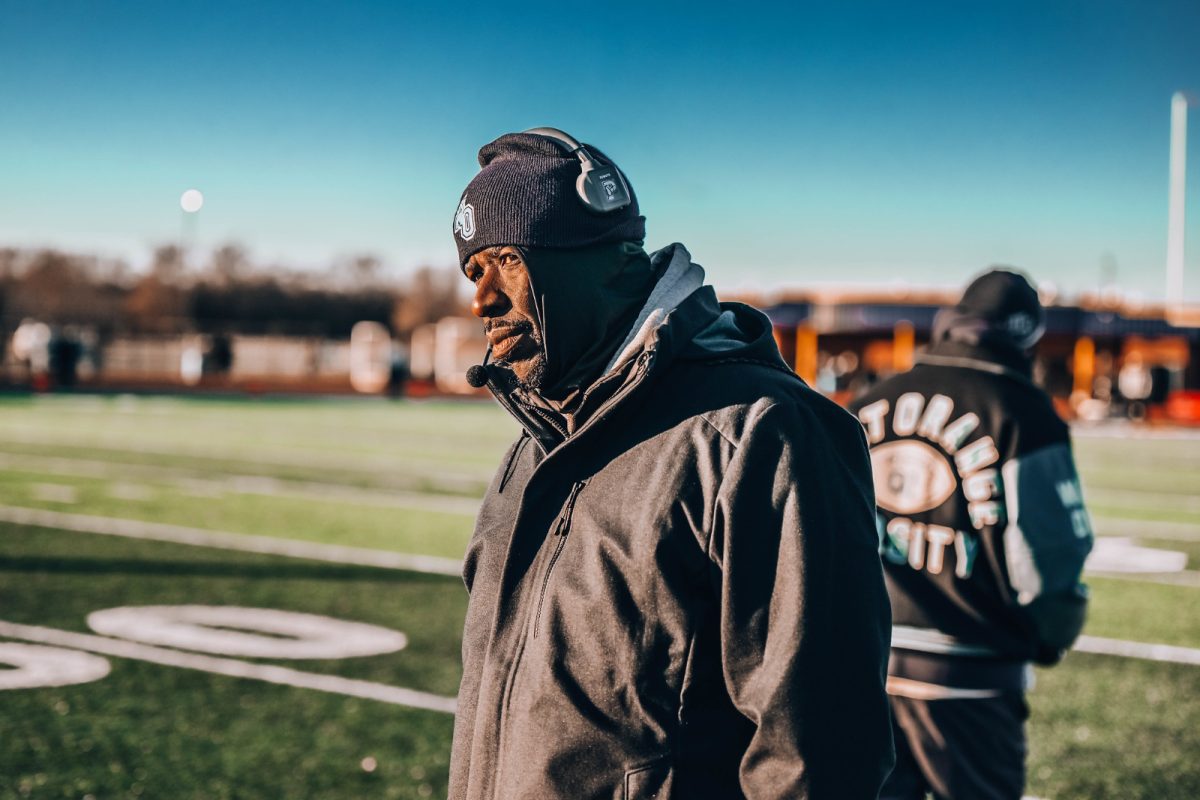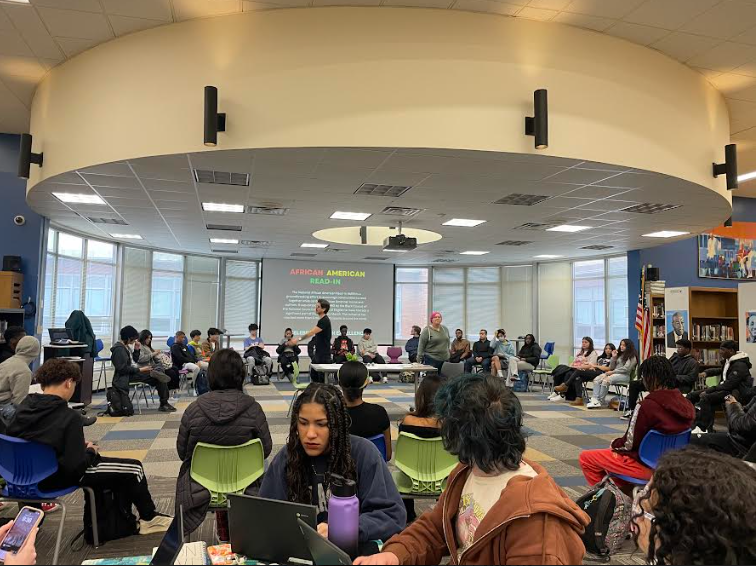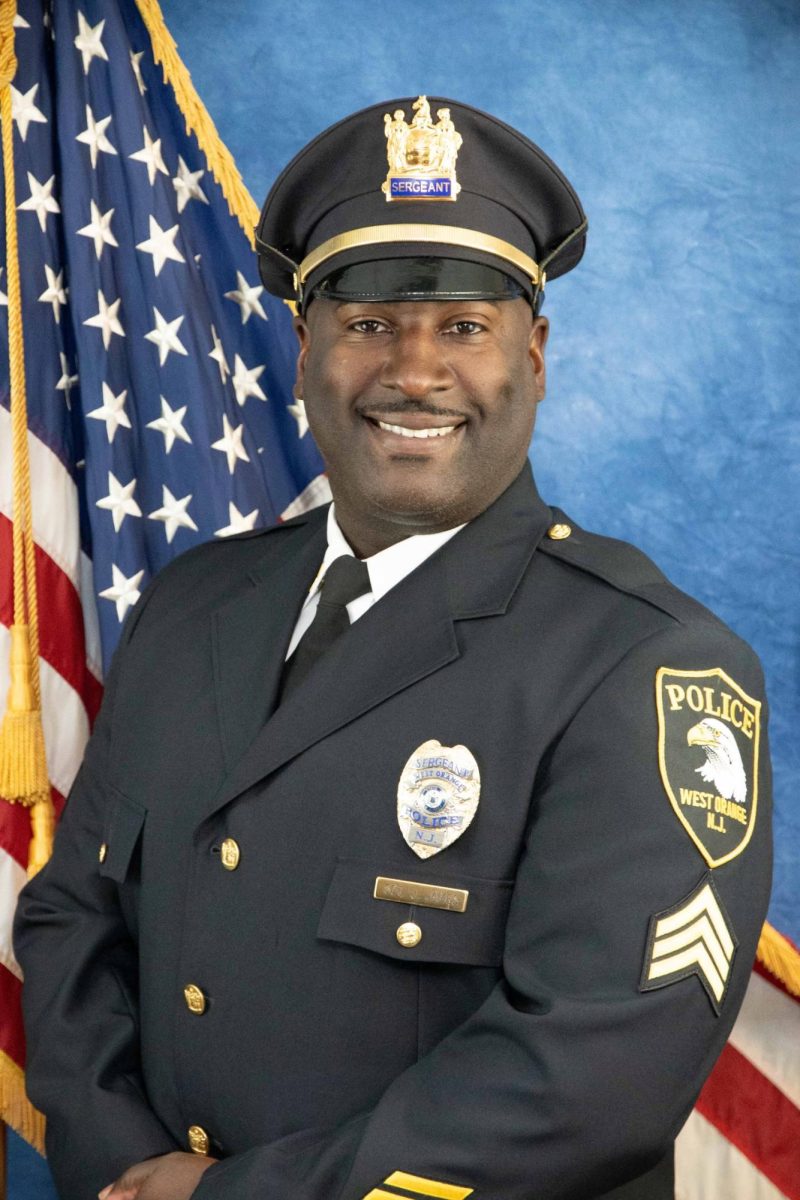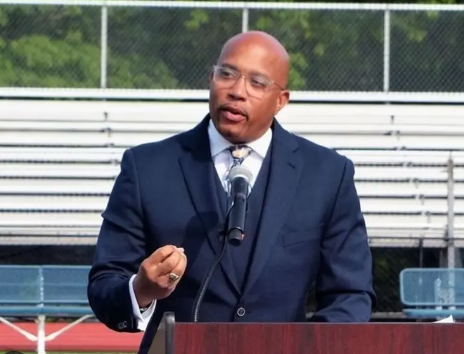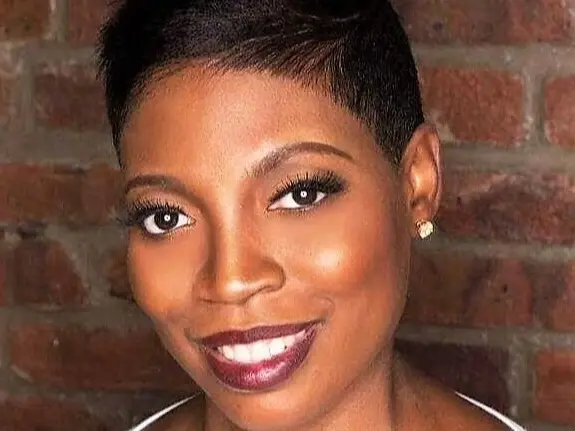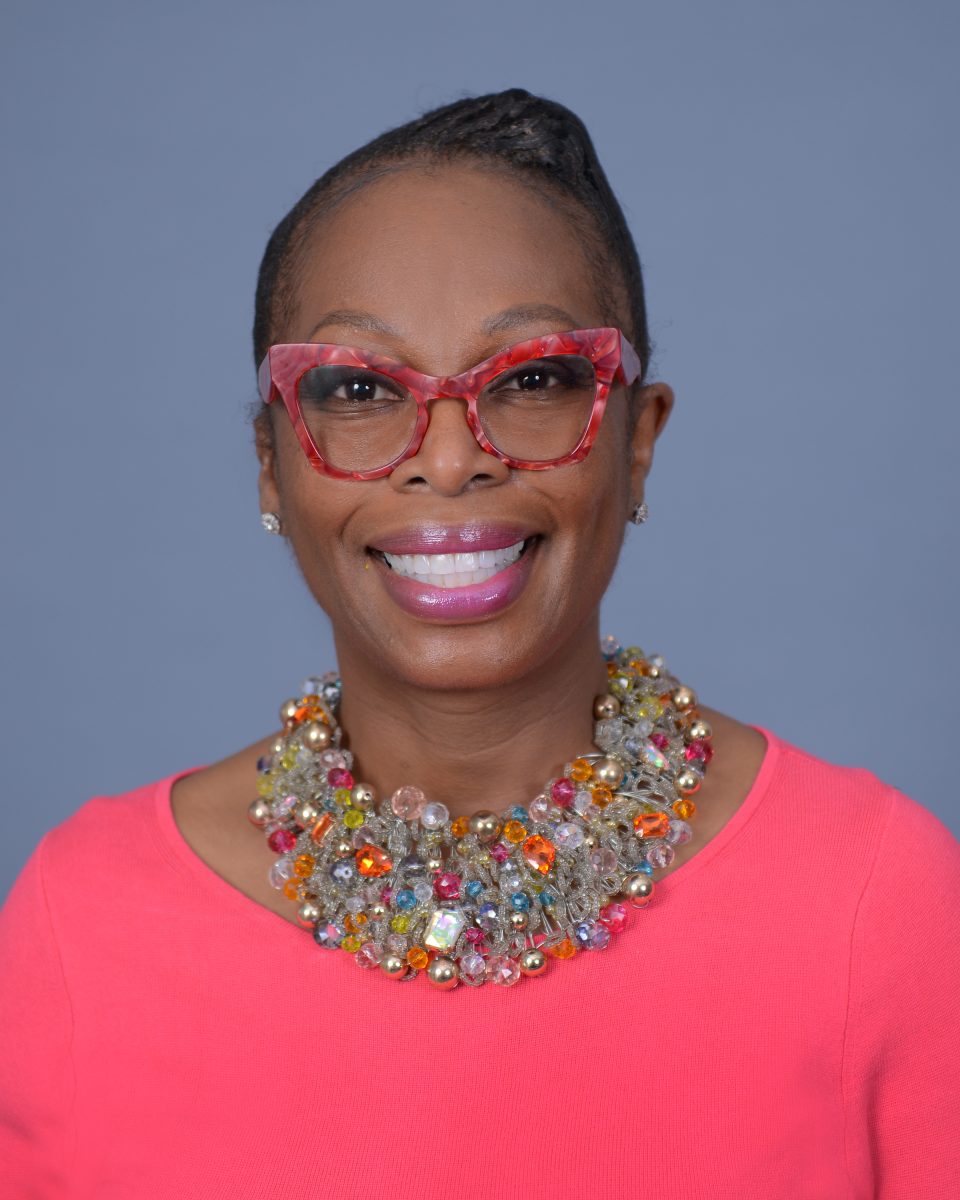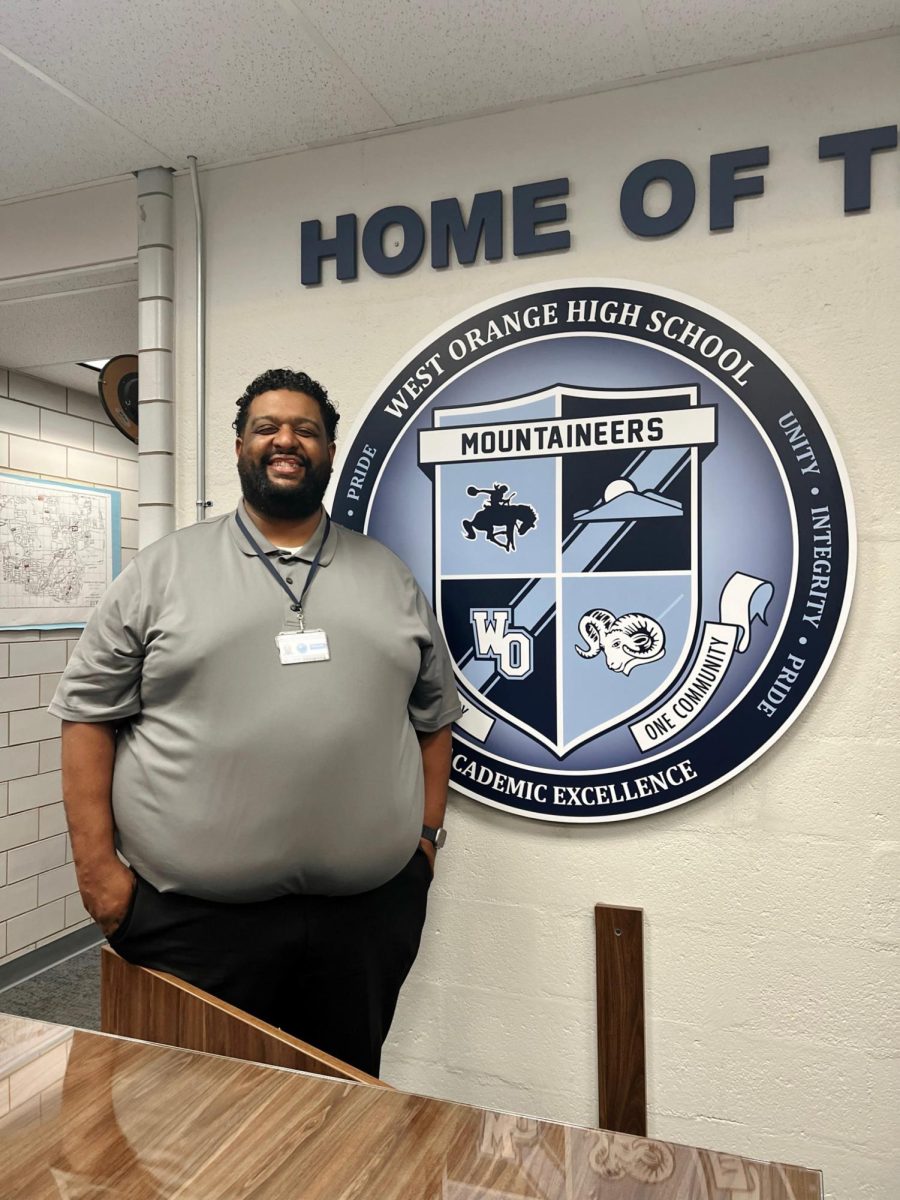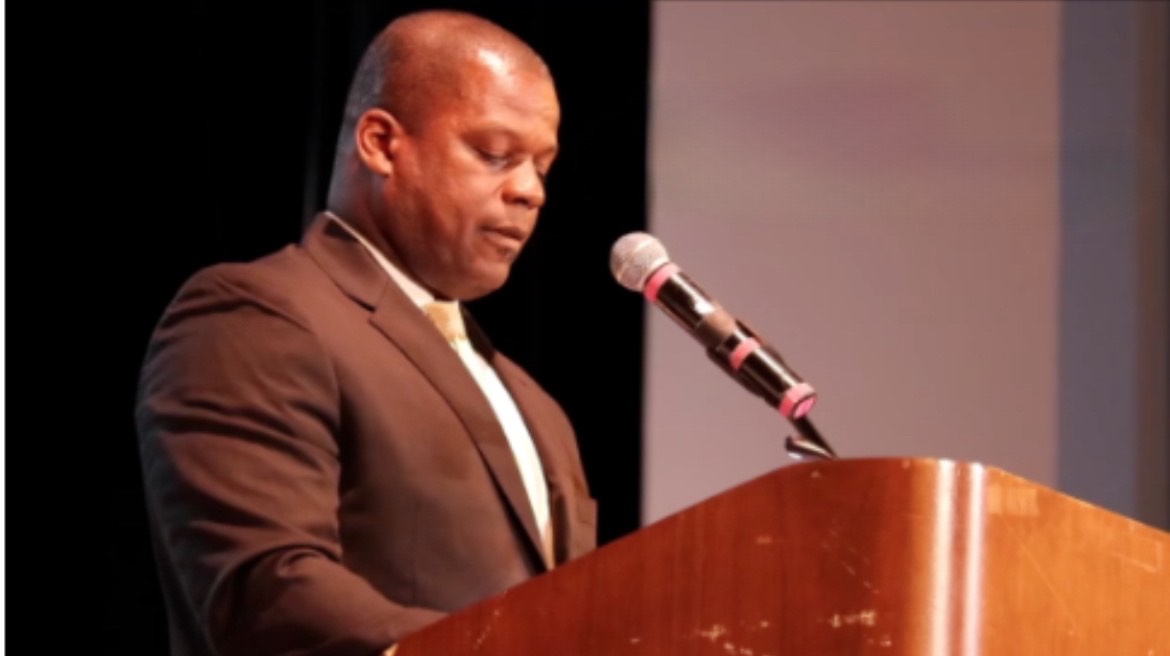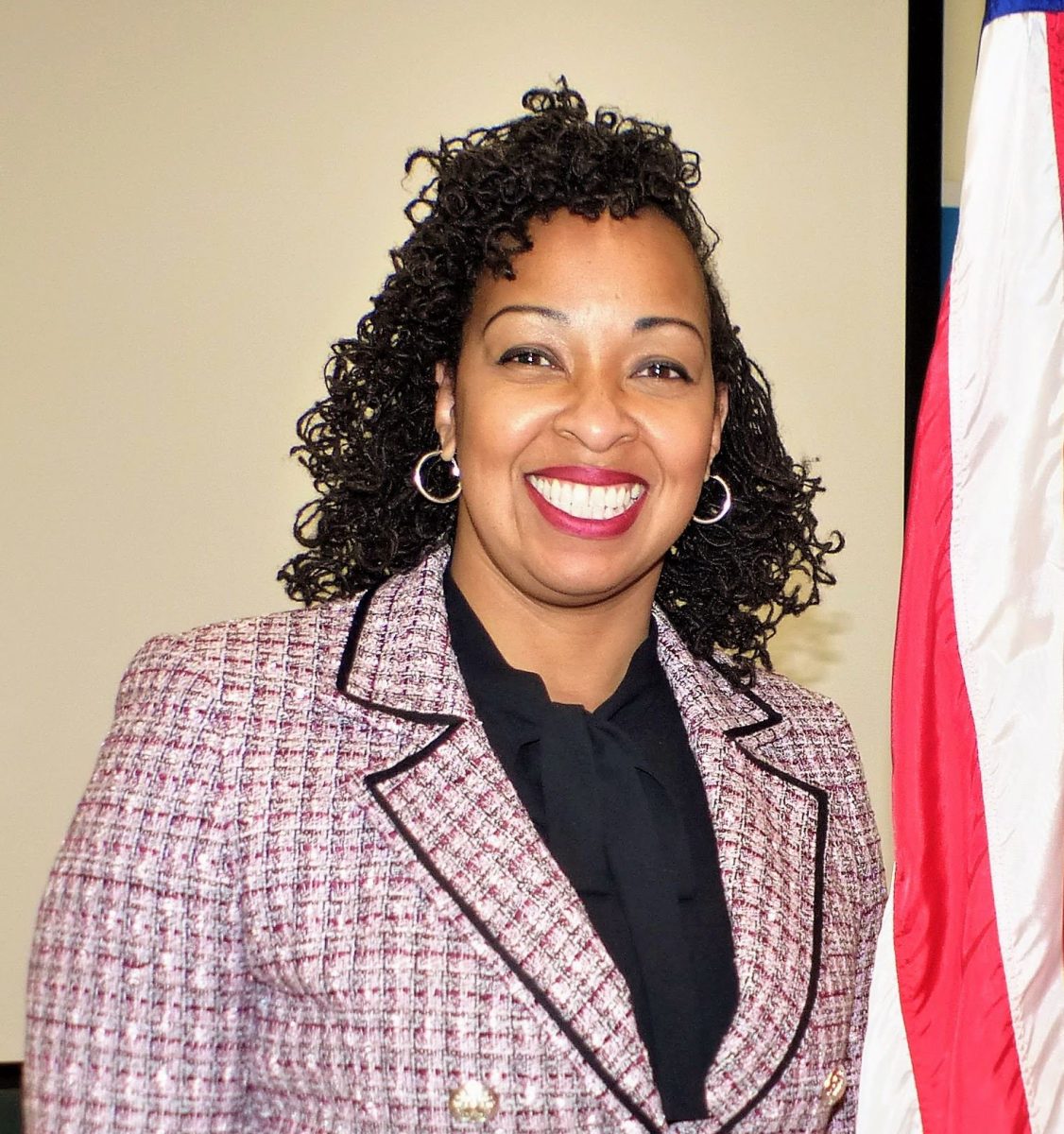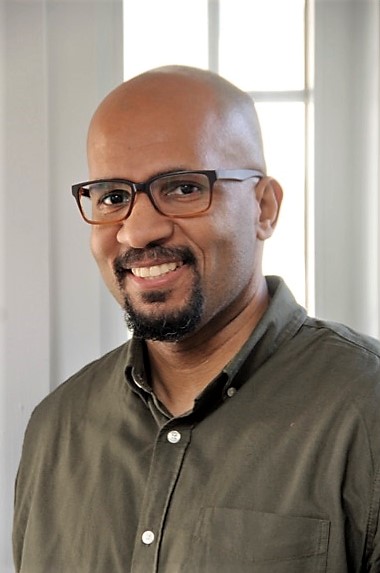
“Education needs a total rehaul…we need to change the system,” says Dr. Victor Alcindor, English and AVID teacher at West Orange High School who was chosen for the Governor’s Educator of the Year Award, on December 19. “I was shocked,” says Alcindor after receiving the award, describing the journey that shaped him into the man, the father, and the example of excellence in education that he is today.
Alcindor, lives in South Orange with his wife and children where he enjoys reading Harry Potter with his children. Alcindor completed his undergraduate studies in English and Elementary Education at The College of New Jersey and went on to complete his master’s degree in criminology at Rutgers University as well as his doctorate in arts and letters from Drew University. Alcindor is also a published author known for his collection of poetry, “Stand Mute,” that was released in 2018. Since then his poems have been displayed in several publications, including one of his proudest works, “In My Mothers Kitchen.” Currently Alcindor is working on a novel that he calls his “next great passion.”
His first book, “Stand Mute”, is a passionate display of humanity, and a reflection on society’s perception of men from child to adulthood. The collection explores society’s faults, evoking the heart wrenching realization of the importance of compassion.
“I went to a high school that was predominantly black,” Alcindor recalls, “and I had a very specific view of education that was unfortunately…brutal. It was inconsistent [and] it wasn’t as rigorous as it needed to be.” After graduating high school and moving on toward college, Alcindor remembers the shift he had to make in his new environment where he found himself being “the ‘other’ and having to live with people who [were] very different.” He notes that sometimes he was the only black student in the classroom, a challenge that imposed a new necessity: growth and open mindedness.
Despite certain obstacles, Alcindor points out the importance of taking advantage of circumstance. “I’m all about taking advantage of the person delivering content,” Alcindor explains, “If that person is willing to teach me something, and it’s going to allow me to grow then that’s the most important thing.” This idea has followed him throughout his education into his teaching career where he works to provide education that is accessible but also structured and rigorous, placing trust in his students capabilities, while providing them with room and confidence to grow.
“I think a good teacher is able to take information that’s complex, and make it accessible for all students,” he explains that when rigor is combined with attainable goals that don’t cause students to “become negative towards the subject matter,” students best succeed.
“They probably all think I’m too serious and very mean,” he says of his students. He clarifies that his “meanness” isn’t derived from disrespect or doubt, but the opposite. His students recognize his high expectations come from a place of encouragement and support. “I’m very consistent as a person, like, they appreciate like my effort…at the end of the day [they] appreciate like, the humanity that I bring to the subject matter into like my approaches with them. You know, in terms of just like, being compassionate and understanding their needs as students.”
In the last line of his book, “Stand Mute,” Alcindor writes,“… courage is like love; it must have hope for nourishment,” in the classroom, Alcindor says that “courage” is self accountability, and his nourishment is the “tough love” he offers each student.
Of course, the nourishment that young people need is constantly changing; as students are learning differently than in the past they are adapting quickly to their ever changing environments. He suggests that teachers need to learn to do the same. “As teachers we have to change and shift and adapt to how students are able to learn and how they write, in a way that still teaches them good skills but speaks to maybe more of their current needs or contemporary needs.” For Alcindor, facilitating growth in students’ skills and confidence is what is most important. Often, this requires both the students and the teachers to reflect on their teaching and learning, “it’s all about constant reflection as a teacher and if you’re not doing that you’re doing a disservice to students.”
These contemporary needs aren’t all new concepts however, with a diverse community such as West Orange Alcindor suggests, like many before him, that “Students need to see themselves in whatever they’re learning.”
Rather than a mirror, representation should be a shadow, something that follows students for the entirety of their education, “It shouldn’t be in your senior year, your reading about the first great feminist literary mind. It [reading of diverse literature] should happen earlier.”
Despite his emphasis on diversity Alcindor’s lessons explore humanity first. He avoids building his curricula around things such as Black History Month or LGBTQ+ Pride Month because of his philosophy that everything should be taught “organically” and in a way that reflects real life. Yes, “kids need to see themselves” in literature, he says, but this “goes beyond race. It’s got to be every aspect, “if I identify as a black man, and I’m teaching The Great Gatsby, there aren’t really many black characters in that text, but there’s humanity in that text. There’s like, frailty in that text. There are so many things that speak to like the universal aspects of who we are. And if kids can see that-beyond certain things, I think that’s a positive.”
Although he doesn’t dedicate much of his curricula to poetry, Alcindor often uses his passion as a supplement to his lessons, to introduce a concept. He often finds that people misperceive poetry as “uber challenging” and are scared away by its seemingly inaccessible nature.
Alcindor often finds himself drawing inspiration from everything around him from his own teachers to younger coworkers; he credits his seventh grade English teacher for launching his love for “the beauty of literature and words.” Today Alcindor sees himself being his own students’ inspiration and though “shocked” by the Governor’s Educator of the Year Award, his students couldn’t have chosen a better recipient, calling him the “Goat,” and “the best of the best.”
Still, Alcindor is content with affirmation in the form of student success, saying that the “thank yous are just simple moments in class where like a student something clicks and and you see it in their eyes or you see a response that they submit that shows you that they’re really processing what you’re trying to give them as an educator.”
“It’s a shame,” he says “because there are a number of students who don’t necessarily have teachers they look up to,” For students at WOHS, Alcindor represents just how crucial a role model can be. From looking up to his own teachers to becoming the role model he finds so critical, Alcindor represents not only the best of what West Orange has to offer but also serves as a reminder to young students the power of reflection, humanity, and compassion.
